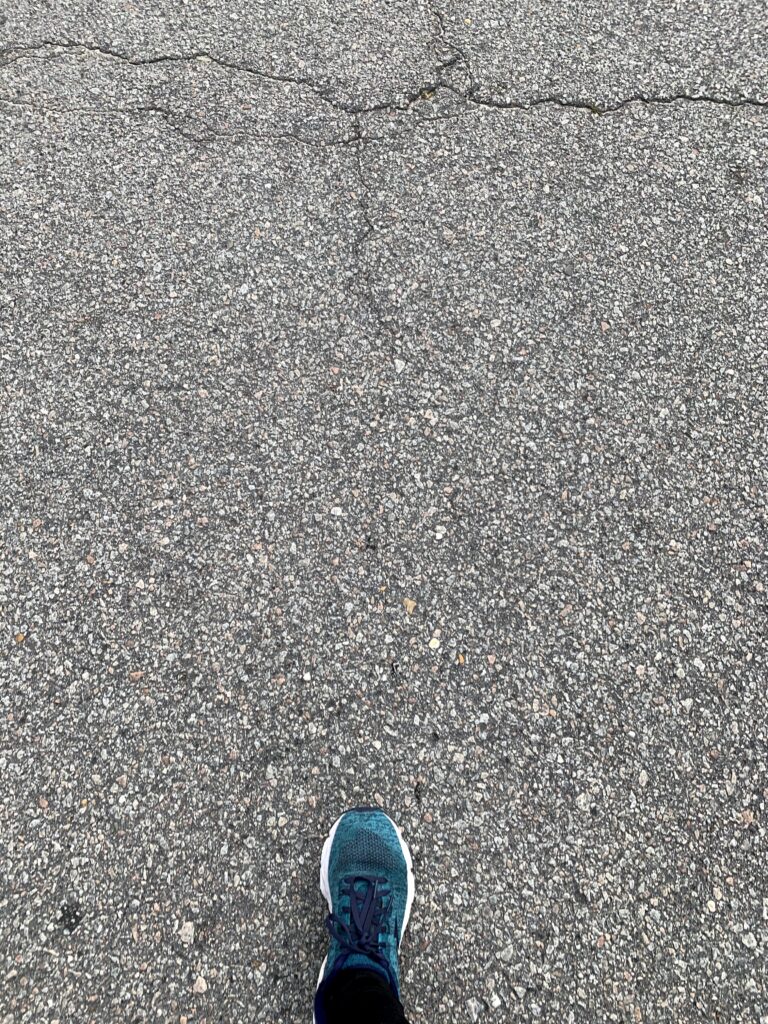Currently in our country 1 in 7 kids are living with food insecurity not sure if or when they will have access to food. Recent reports indicate that this now true for 1 in 7 adults after a year of living in a global pandemic and economic crisis. Even in the midst of this pandemic and economic crisis, the health and wellness industry is thriving.
The Health and Wellness industry is worth $4.2 trillion and is estimated to grow by 12.8% each year. If you feel like you are constantly being bombarded with healthy eating, exercise regimes, and diets, it’s because you are. The buying and marketing power of this industry is unmatched. Like the beauty industry, the health and wellness industry is founded on a deficit perspective, marketing a white female body type that is often achieved through post-production photo editing and filters.
While we try to process through those images and the false promises of the diets and exercise regimes, we are also being bombarded with categorizing and labeling food as good or bad and healthy and unhealthy. None of this advertising or marketing acknowledges the vast swaths of our country who are living in food deserts without access to fresh produce or a grocery store. None of this advertising or marketing acknowledges its ableism privilege or the harm its marketing has on the differently abled community.
I’m giving up the healthy hustle.
Because healthy for me looks different at different times and in different circumstances. Because healthy for me is different than healthy for you. Because healthy sometimes looks like taking a nap and getting rest rather than pushing through one more workout that will actually do more damage and harm to the body because it isn’t rested. Because healthy looks different for different communities.
And because we are living through a pandemic and economic crisis where access to food is not available for 1 in 7 Americans.
What if the Health and Wellness Industry with just a small portion of that $4.2 trillion dollars gave back to the communities living in food deserts? What if a small portion of that profit went to treatment for the 28.8 million Americans suffering under the weight of eating disorders, the second deadliest mental health illness? What if rather than lobbying government officials for looser regulations, the health and wellness industry, which purports to value health and wellness actually lobbied for those living and suffering from poverty everyday?
What if the Health and Wellness Industry was actually concerned about your health and wellness rather than pitching you the next diet, exercise equipment, or exercise regime?
Maybe we would all be a little more whole.

